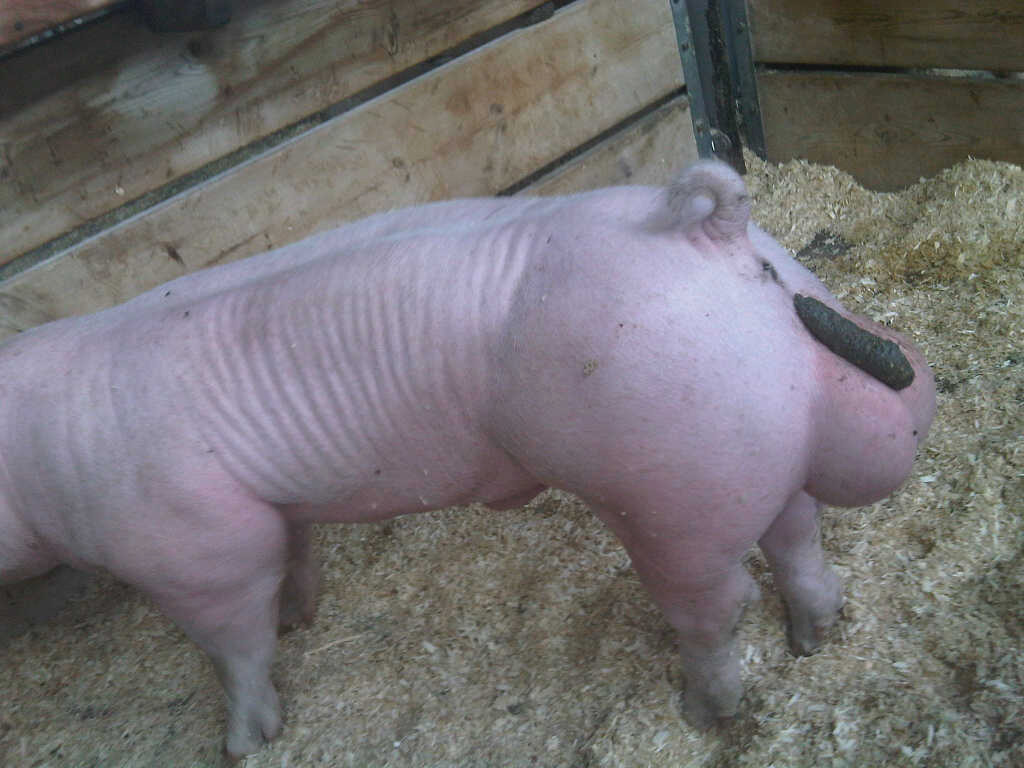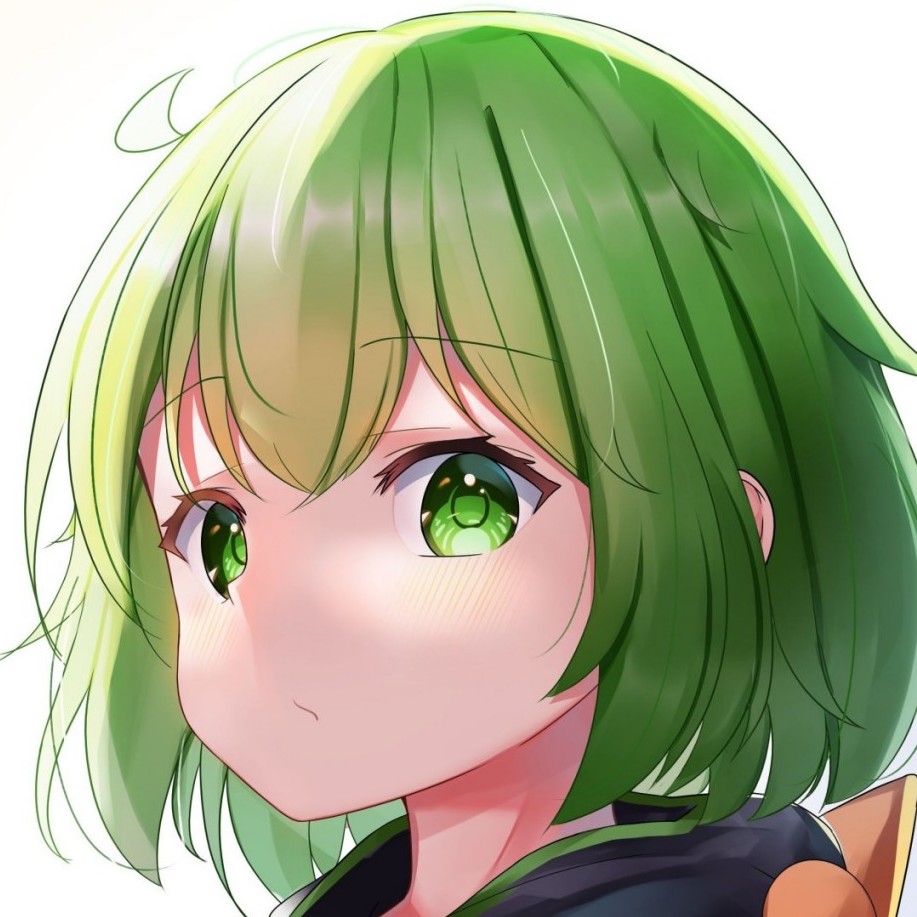

I “understood” on a basic level what pointers were when i was first learning programing as a 12-13year old. But I never understood HOW to use them, or manipulate them, or what functions you use to interact with them, or how to examine them, or how to declare them, etc etc. And since I was young I never got the opportunity to take an actual programming class that taught any of that throughout high school. By the time I got to college I went with Electrical Engineering instead of computer science and so my journey with pointers ended.
Now I do python and never have to think about pointers.
Lemme tell you something, DO NOT learn BASIC as your first language. As a hobbyist, I avoided C/C++ for 25 years because I just didn’t get pointers and memory manipulation, and messed around with other languages like JS and PHP instead (also BASIC’s GOTO and GOSUB kinda ruined me as a programmer for a few years). But once it finally clicked a couple years ago, I now want to write EVERYTHING in C/C++.
I think plain C at least should be everybody’s first language. It literally reprograms your brain to think exactly like how a computer internally functions. I never got that with other languages, because they were so far removed from the actual machine.
I actually think that everybody should learn a functional language like Scheme first because it teaches you to think about state explicitly. It’s very easy for somebody who learned a functional language to pick up an imperative one, but it’s very hard for people to go the other way around.
Thanks, Anya Forger
She reads memory all the time
Lmao good one
Here’s a secret I wish someone told me in high school: literally everything is pass by value, it’s just that sometimes the value is an address. It demystified pointers for me.
That’s true in Java, not necessarily in other languages
It’s the opposite, everything is passed by reference but primitives are also addresses and therefore passed by value
You can’t pass objects or functions as value
Yeah, when I grokked that simple fact pointers became easy.
That got me confused with rust references and why the dereference operator even exists as well.
I mean, Rust has the additional thing that a reference is a pointer + a borrow, so it’s not quite as similar to a pass-by-value.
And as for the dereference operator, occasionally you can use it to turn a reference into an owned value, often by making a copy of the value (but in that case, you can usually also use
.to_owned()).A case where I don’t think there’s an alternative to the dereference operator, is if you’ve got a mutable reference and you want to replace the value that’s underneath: https://play.rust-lang.org/?version=stable&mode=debug&edition=2021&gist=04621490e1d0fd6fe1af7f2e843547fb
At the very least, if you remove the asterisk, the compiler will tell you very precisely that you need to add it back.yeah. references aren’t the same as pointers in c++ but similar, so it’s something along those lines.
They taught you about pointers in high school? The only course available to me that even touched on programming just covered how to use C to do conditionals, read keyboard input, and print text to a terminal. The bulk of the course was learning MS Office.
Thanks for the pointers.
at last I finally see
I’m a little disappointed peanuts weren’t worked into this somehow.










